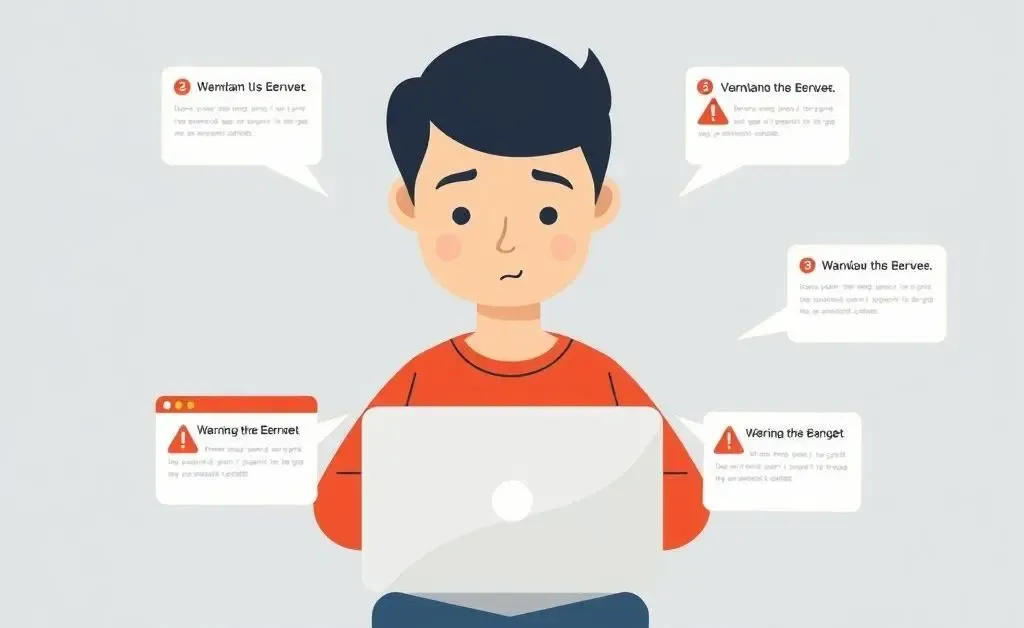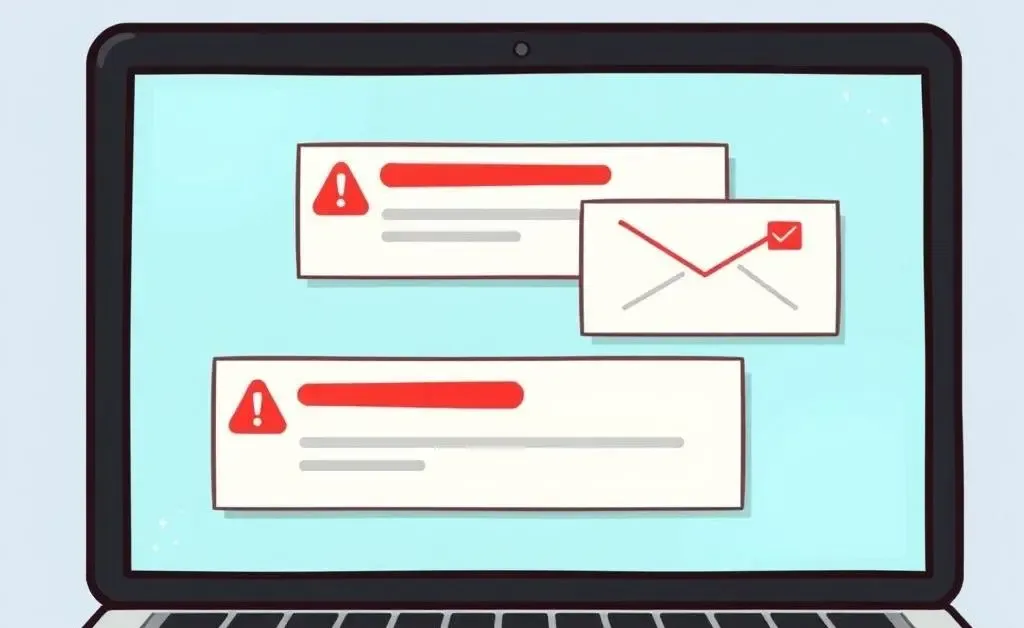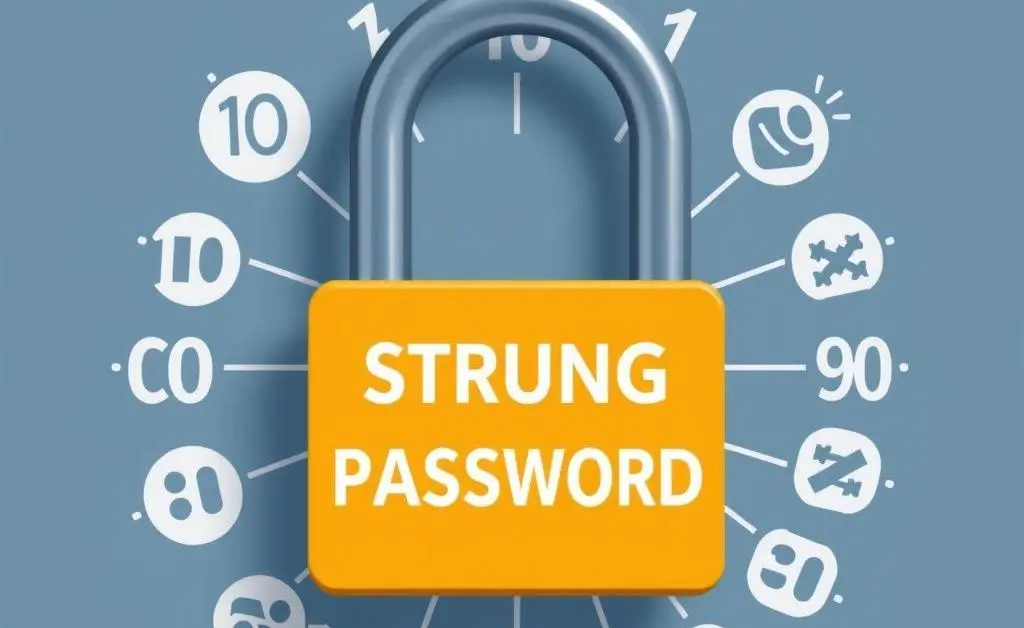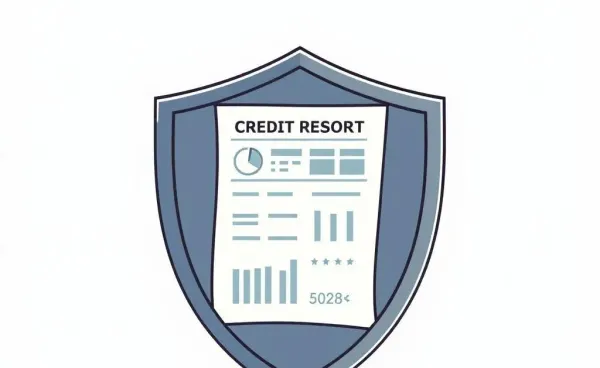How to Safeguard Yourself from Online Scams: Practical Tips You Need Now
Learn how to protect yourself from online scams with these practical tips. Stay cautious and secure your sensitive information.

In a world where your phone buzzes more than ever, it’s crucial to stay vigilant about the dreaded online scams. Let’s dive into some simple yet effective ways to protect yourself and your hard-earned money from these digital traps.
Understanding the Basics: What Are Online Scams?
Online scams are devious tricks that aim to steal your personal information or money using fraudulent means. These scams often appear in the form of fake emails, messages, or websites that seem eerily legit. If something seems sketchy, trust your gut!
Why Should You Care?
Your personal data is incredibly valuable—both to you and to scammers. By learning to spot and avoid these scams, you’re not only safeguarding your financial assets but also preserving your peace of mind.

How to Spot a Scam: Red Flags to Watch For
- Unsolicited Emails: Beware of unexpected emails claiming you’ve won prizes or need to verify personal details.
- Too Good to Be True Offers: Scams often promise enormous rewards with minimal effort. Remember, if it’s too good to be true, it probably is.
- Urgency or Threats: Scammers create a sense of urgency to prompt swift action before you have time to think.
- Strange URLs and Email Addresses: Closely inspect URLs and email domains for odd spelling or mismatched content.
Practical Steps to Protect Yourself
Enable Two-Factor Authentication
One of the easiest and most effective ways to protect your online accounts is by enabling two-factor authentication (2FA). This additional layer of security requires you to verify your identity using your phone or another device.

Use Strong, Unique Passwords
We’ve all been guilty of reusing passwords, but creating strong, unique passwords for each account greatly reduces the risk of compromise. Consider using a password manager if keeping track of them feels overwhelming.

Be Wary of Pop-ups and Ads
Pop-ups and flashy ads can sometimes be bait for unsuspecting users. Always think twice before clicking and enable popup blockers in your browser settings.
Conclusion: Stay Safe and Informed
Ultimately, staying informed and cautious is your best defense against online scams. Remember, taking a moment to verify can save you from a world of trouble. Have you ever had to deal with a scam? Share your experience and tips for spotting these threats in the comments!




